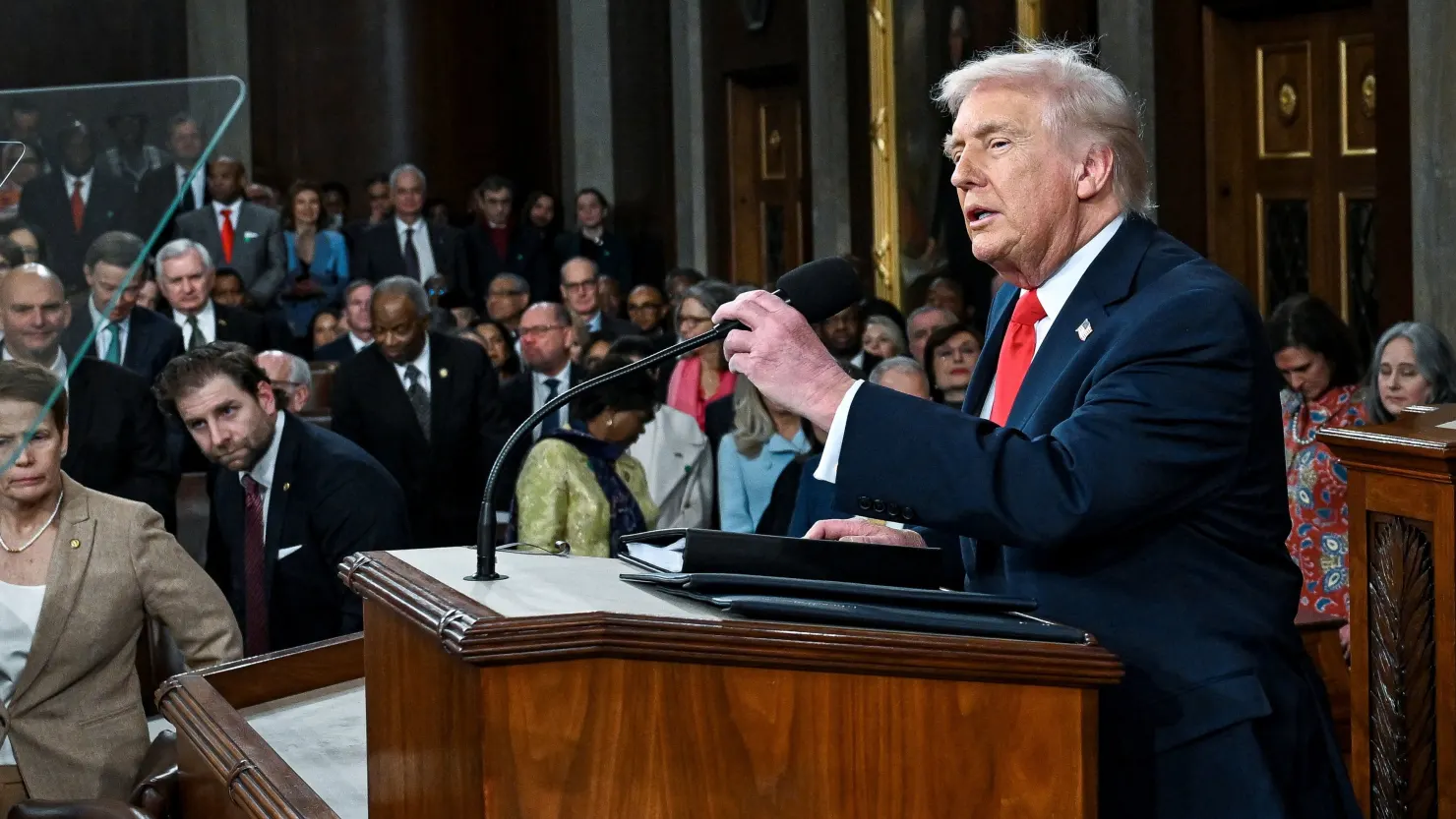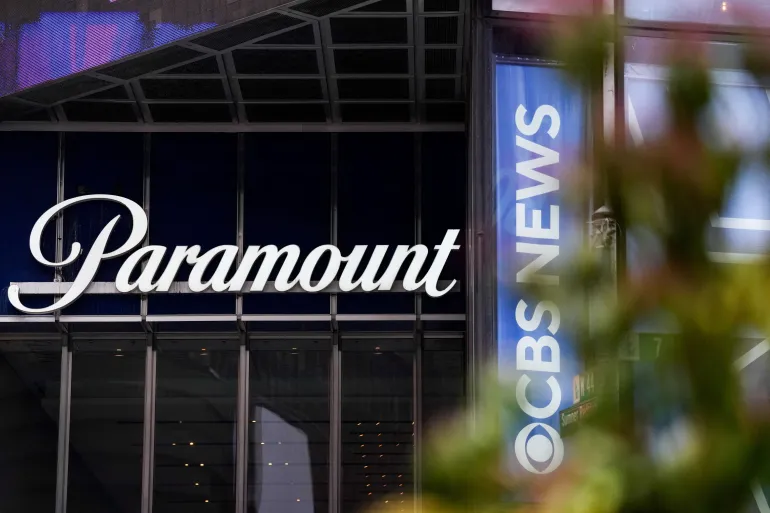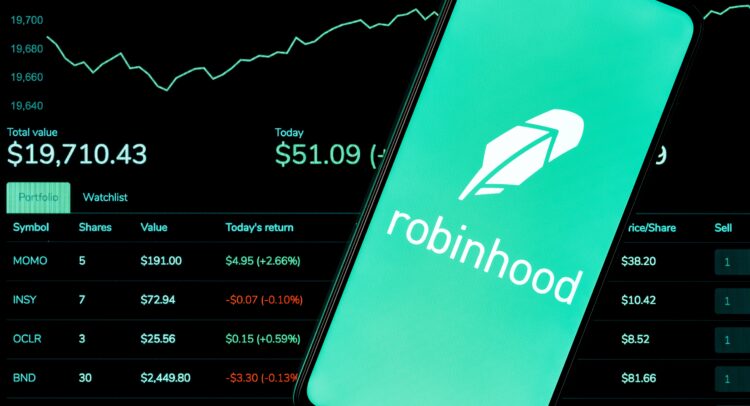OpenAI has publicly distanced itself from Robinhood’s new offering of “stock tokens” representing shares of private companies, including OpenAI itself, PYMNTS reports.
The clarification came after a social media post promoting the tokens reportedly influenced Robinhood’s stock price and sparked debate over how such assets are structured and marketed.
“These ‘OpenAI Tokens’ are not OpenAI equity,” the company’s Newsroom account stated on X (formerly Twitter) on Wednesday, July 2. “We did not partner with Robinhood, were not involved in this, and do not endorse it. Any transfer of OpenAI equity requires our approval — we did not approve any transfer. Please be careful.”
Robinhood had earlier announced a new offering of tokenized US stocks and exchange-traded funds (ETFs) for customers in the European Union. On Monday, June 30, the company promoted access to over 200 US equities and ETFs through these crypto-based tokens, including what it described as “Private Company Stock Tokens” tied to OpenAI and SpaceX. The tokens are part of Robinhood’s broader effort to transition its European app from a crypto-only platform to a broader investment app.
The announcement generated buzz — and confusion — as to whether these tokens represented actual shares in high-profile private companies. The confusion prompted OpenAI’s clarification, which appears to have impacted market sentiment. Robinhood’s stock fell as much as 6% on Thursday, according to a Bloomberg report.
Robinhood CEO and Co-Founder Vlad Tenev responded to the concerns on X, emphasizing that while the tokens are not technically equity, they provide a form of exposure to private market assets.
“The giveaway of OpenAI stock tokens plants a seed for something much bigger,” Tenev wrote. “While it is true that they aren’t technically ‘equity’ (you can see the precise dynamics in our Terms for those interested), the tokens effectively give retail investors exposure to these private assets.”
A Robinhood spokesperson later told Bloomberg that the tokens are backed by the company’s interest in a special purpose vehicle (SPV), rather than by direct ownership of shares.
“While we don’t technically ‘own shares,’ the tokens give customers exposure to private market,” the spokesperson explained.
The debate over Robinhood’s tokens comes as interest grows in tokenizing traditional financial assets, especially among retail investors in markets like the EU. While tokenization has the potential to improve access and liquidity, it also raises regulatory, transparency, and investor protection questions — particularly when it involves non-public companies.
OpenAI’s quick and unequivocal disavowal highlights the complexities of bringing private equity exposure to the retail market through crypto-enabled platforms. It also signals potential friction between private companies and financial intermediaries over how such assets are represented.
The Robinhood promotion allowing eligible EU users to claim stock tokens runs through July 7, according to the company’s European X account.










The latest news in your social feeds
Subscribe to our social media platforms to stay tuned